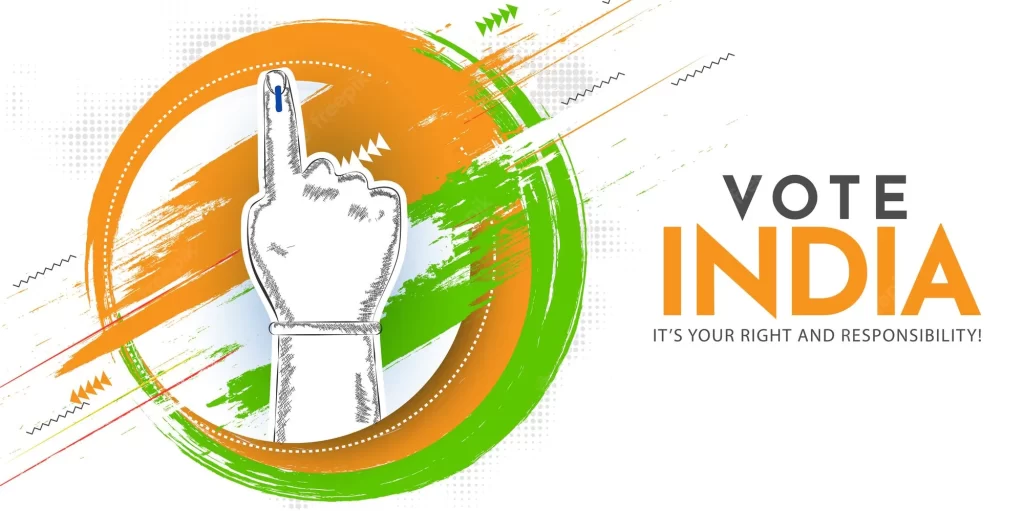Jahanvi Agarwal
On 17th May 2024, the Supreme Court dismissed a Public Interest Litigation claiming that the current electoral system violates voter secrecy, stating that the petition lacked merit. The bench, comprising Justices Sanjiv Khanna and Dipankar Datta, rejected the petition, pointing out that the petitioner’s counsel had not reviewed the Supreme Court’s April 26 decision, which had previously dismissed concerns about Electronic Voting Machines (EVMs) being manipulated.
The counsel of petitioner Agnostos Theos, argued that a polling officer could see the VVPAT (Voter Verifiable Paper Audit Trail) slips and the data stored in the EVMs, asserting that this information allows the presiding officer to identify which voter cast his vote for which party. However, the bench countered by emphasizing that the April 26 verdict had already addressed this concern, stating, “There is no way a presiding officer can know which voter cast his vote for which party. Go through the verdict. We find no merit in the petition. Dismissed.”
In its April 26 ruling, the Supreme Court had described the suspicion over EVM manipulation as “unfounded”, and rejected the call to revert to the old paper ballot system, affirming that the EVMs were “secure” and helped prevent booth capturing and bogus voting.
Nonetheless, the court provided an option for unsuccessful candidates who finished second or third, allowing them to request verification of the microcontroller chips in five percent of the EVMs per assembly constituency by submitting a written request and paying a fee to the election commission.
Furthermore, the court directed that from May 1, 2024, the symbol loading units should be sealed, secured in a container, and stored in a strongroom along with the EVMs for a minimum period of 45 days following the declaration of election results.
Case Name: Agnostos Theos v. Election Commission Of India & Ors.
Dairy Number: 330/2024
Bench: Hon’ble Mr. Justice Sanjiv Khanna And Hon’ble Mr. Justice Dipankar Datt

